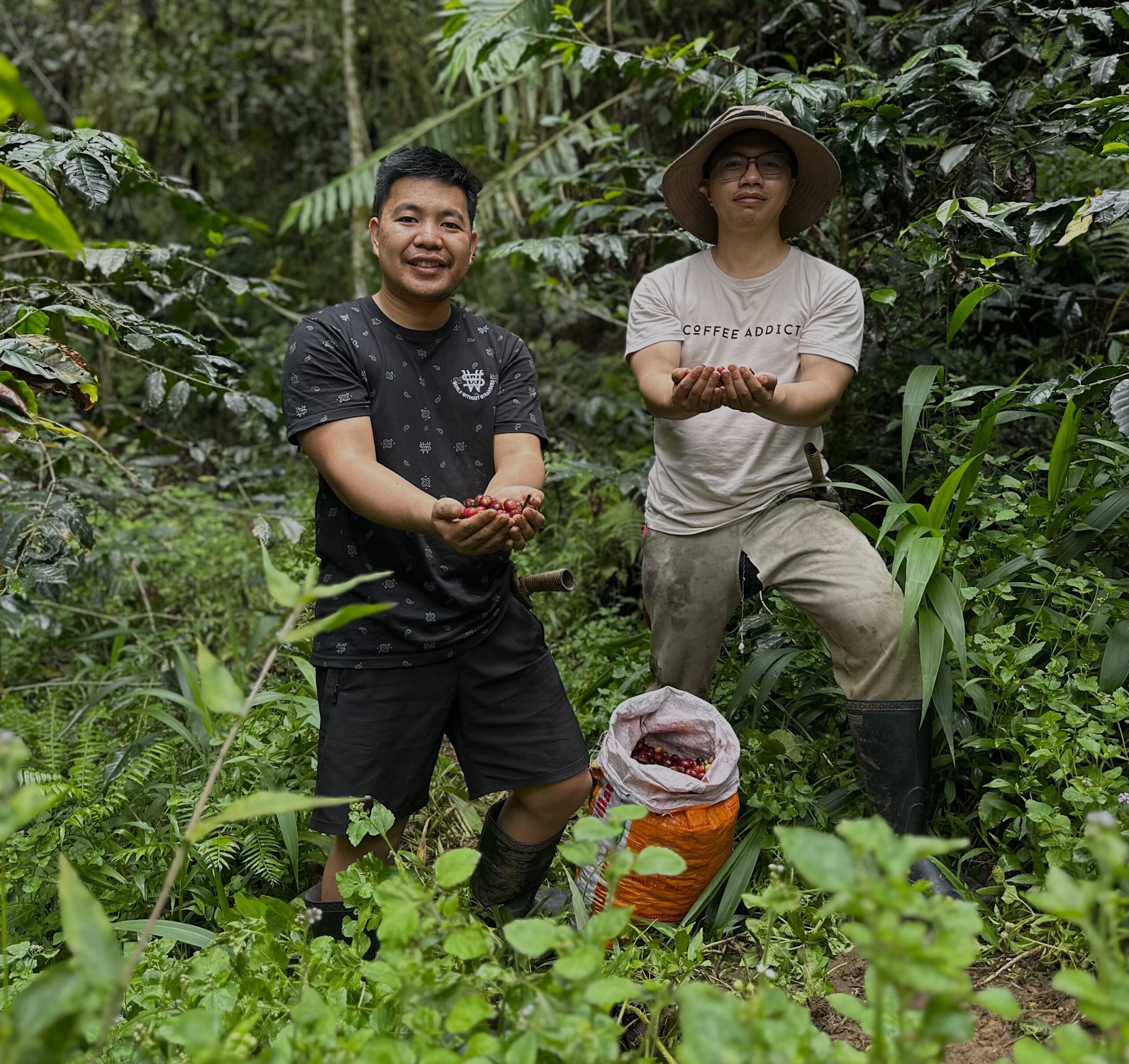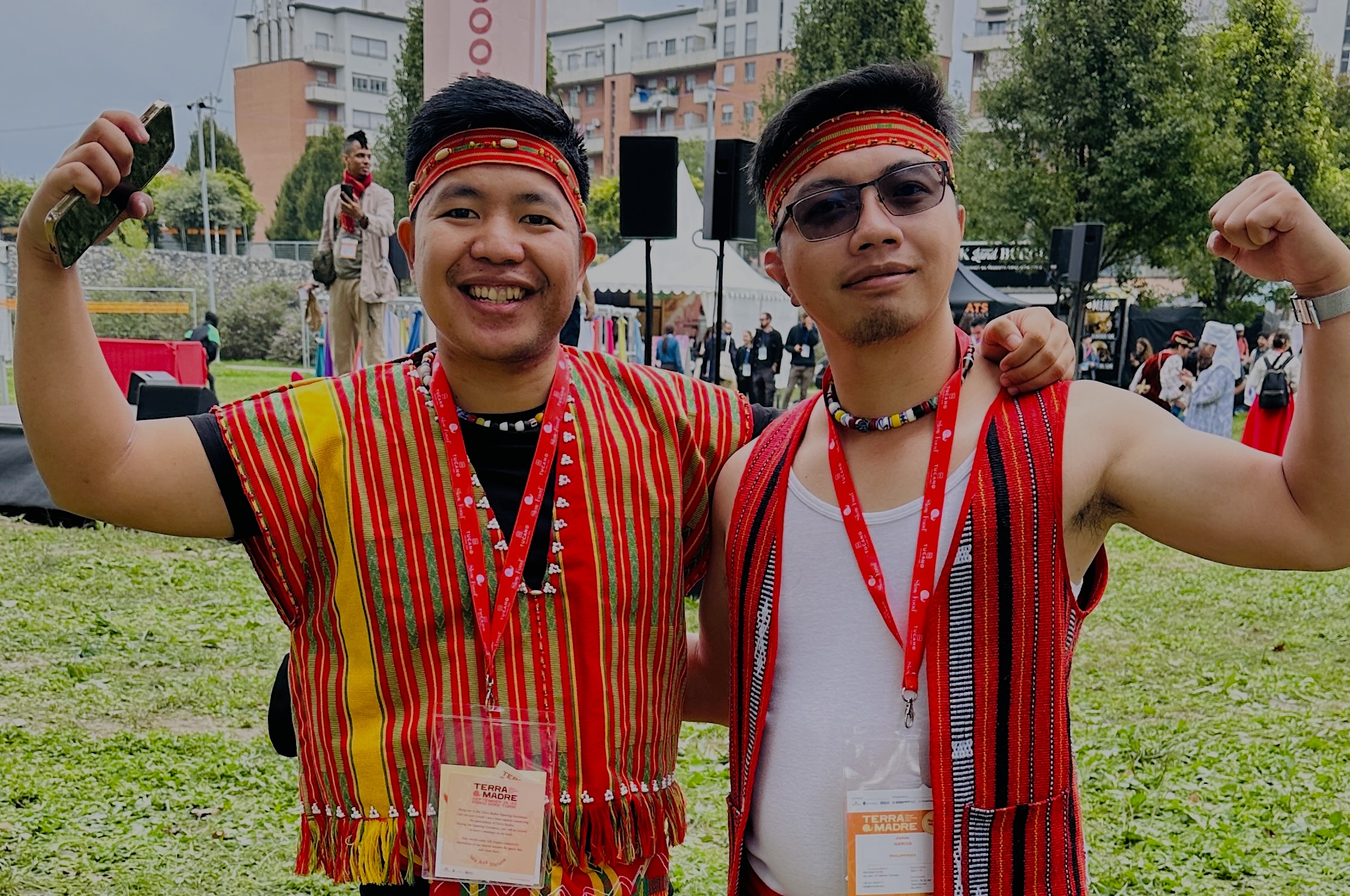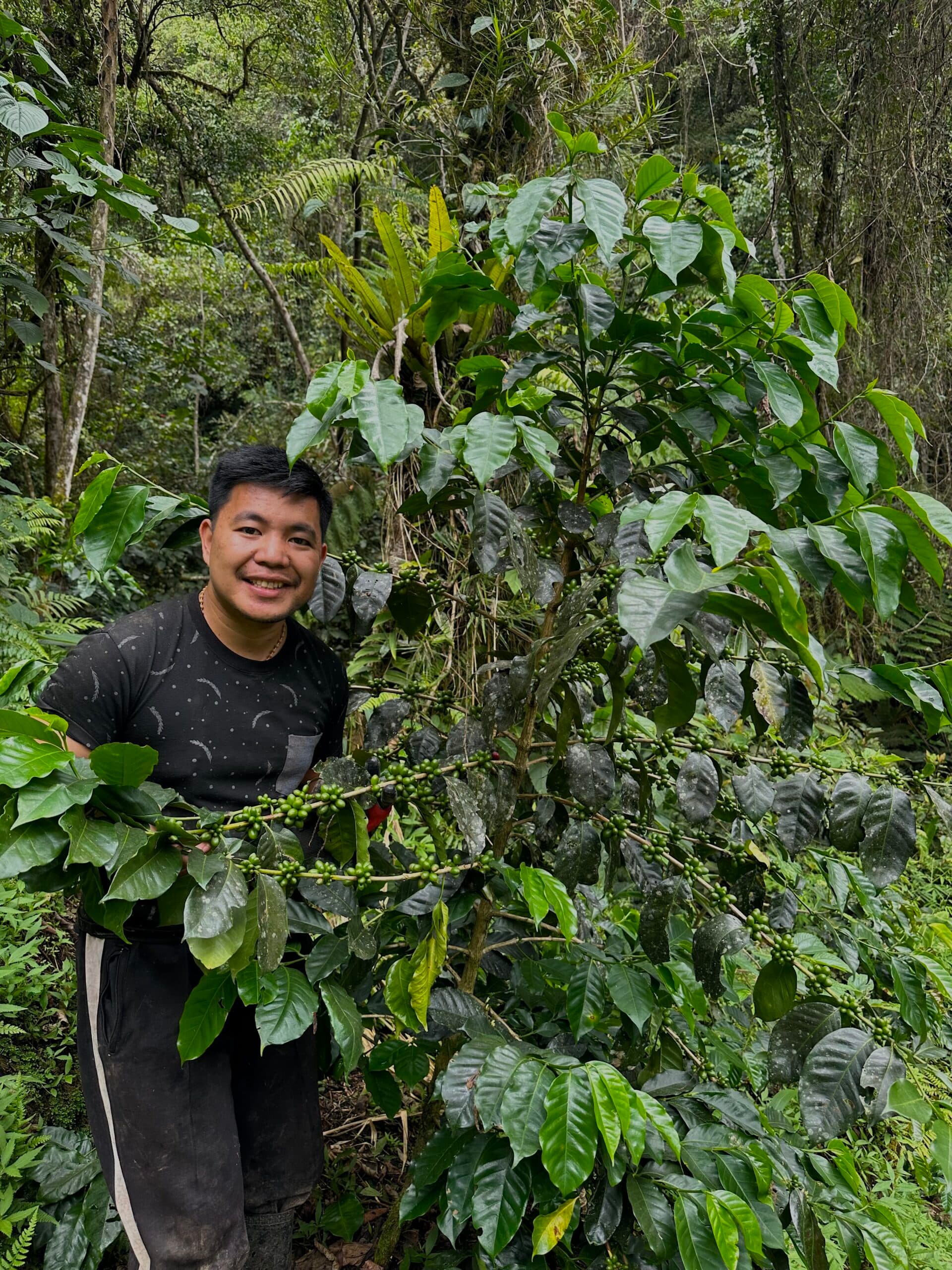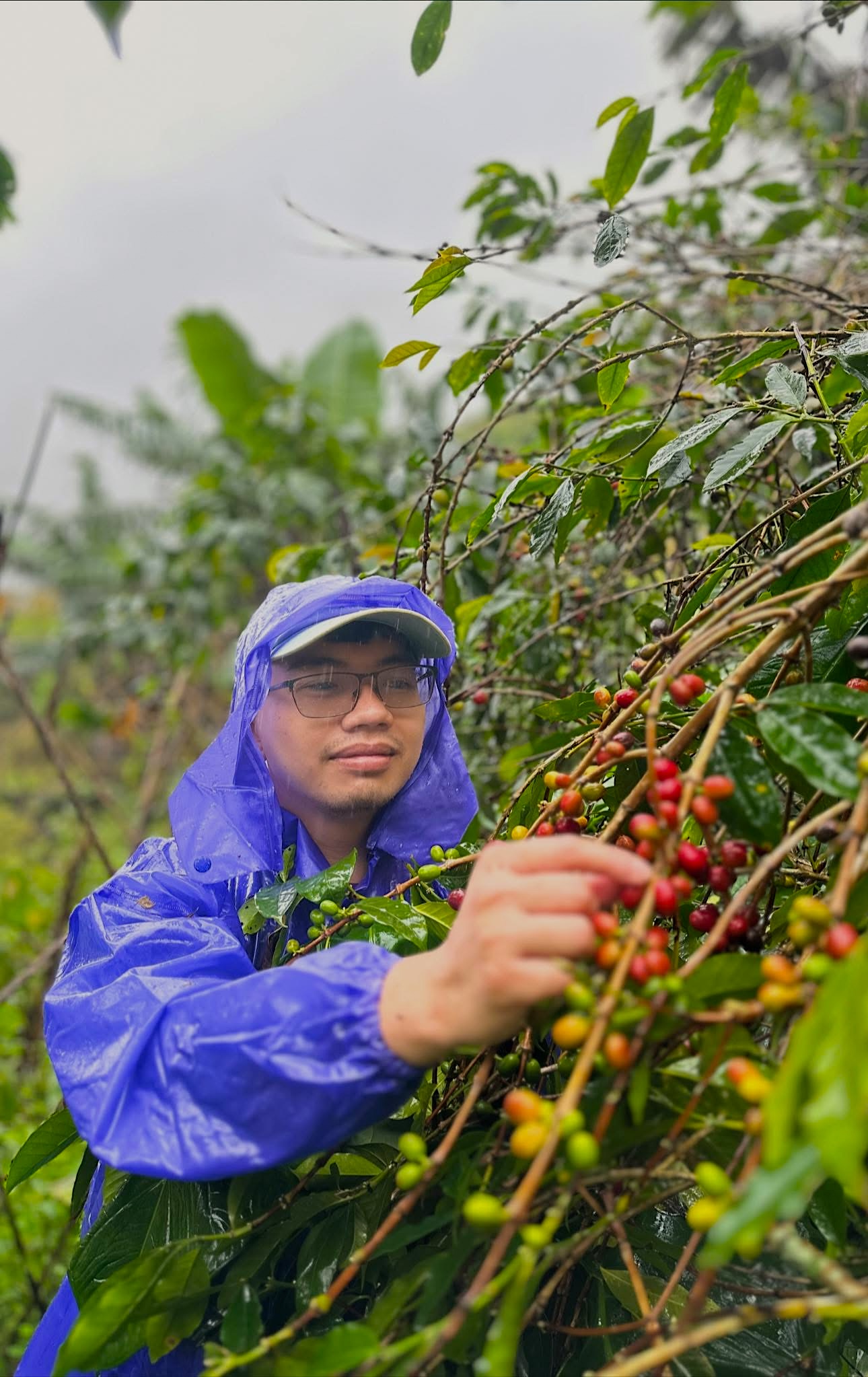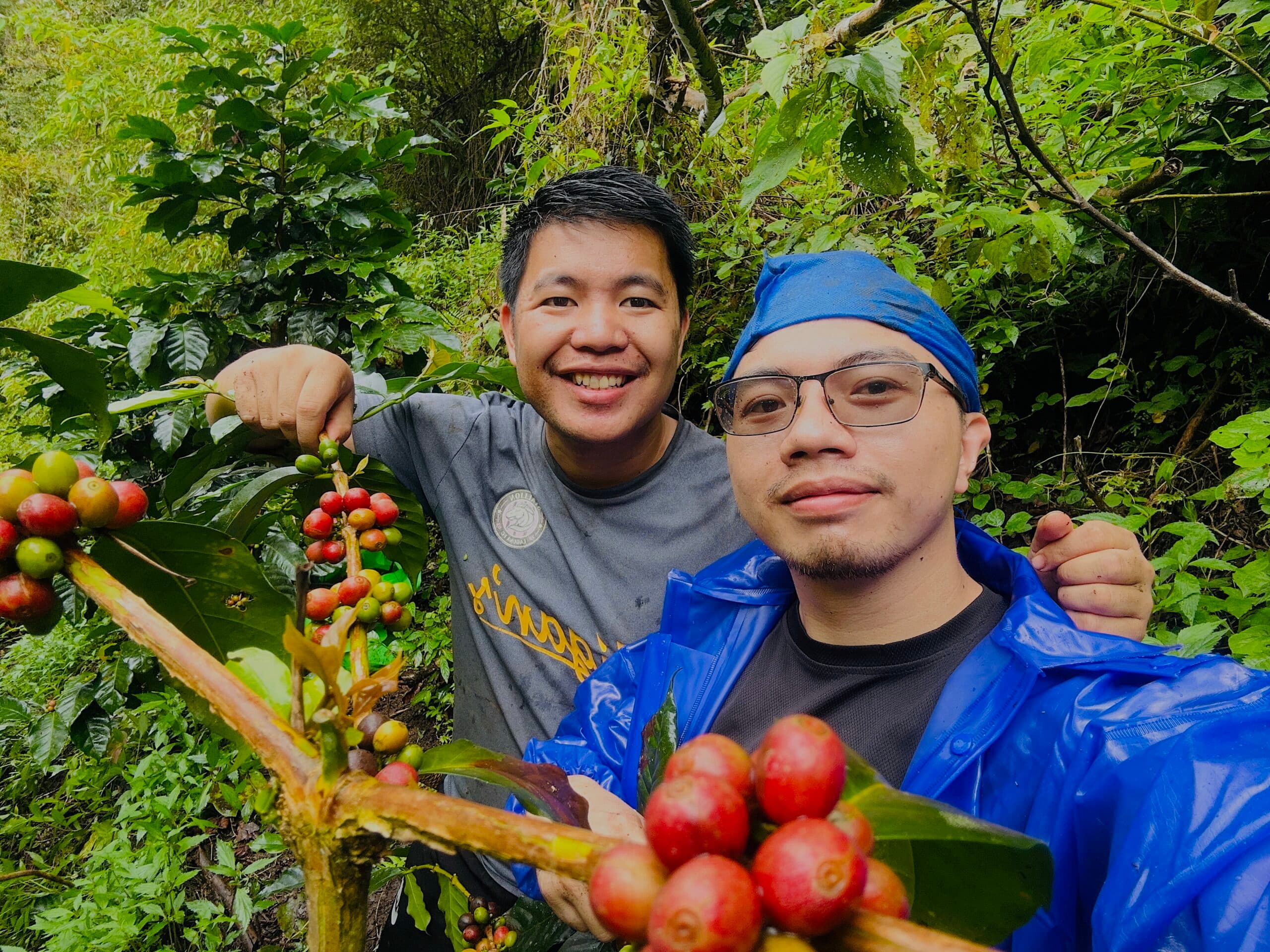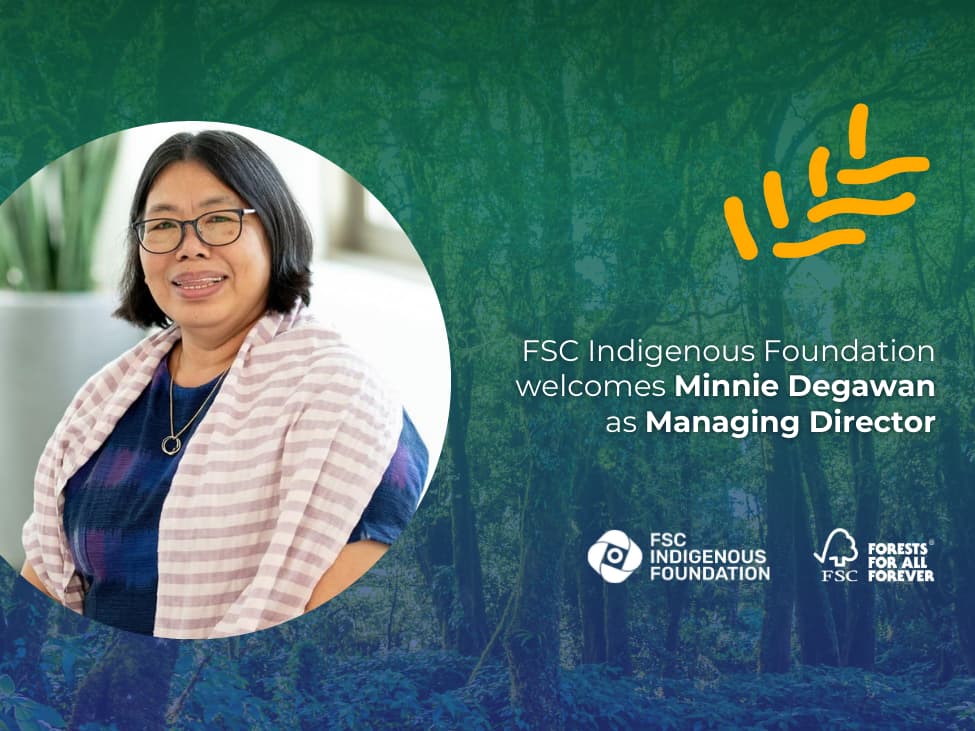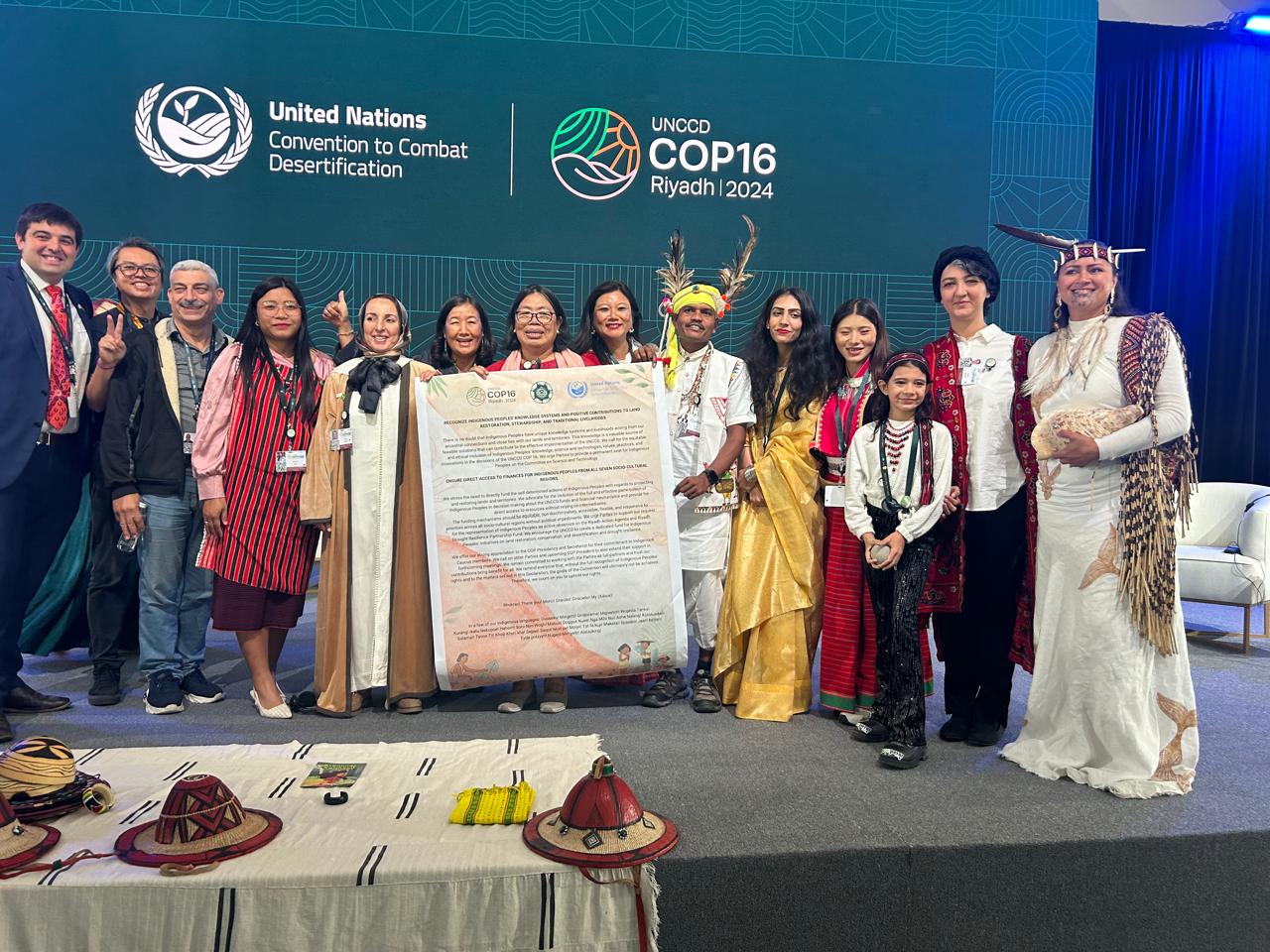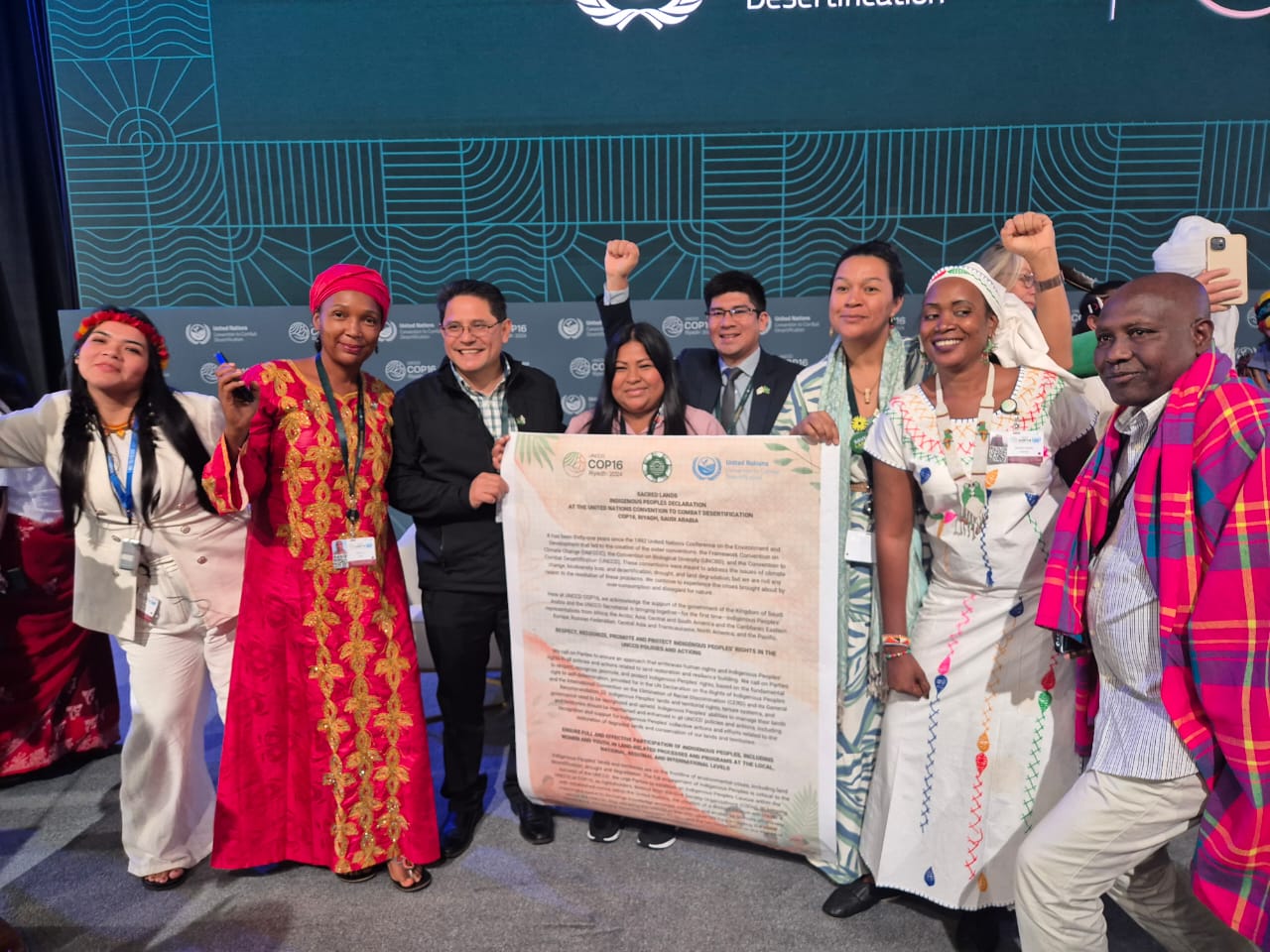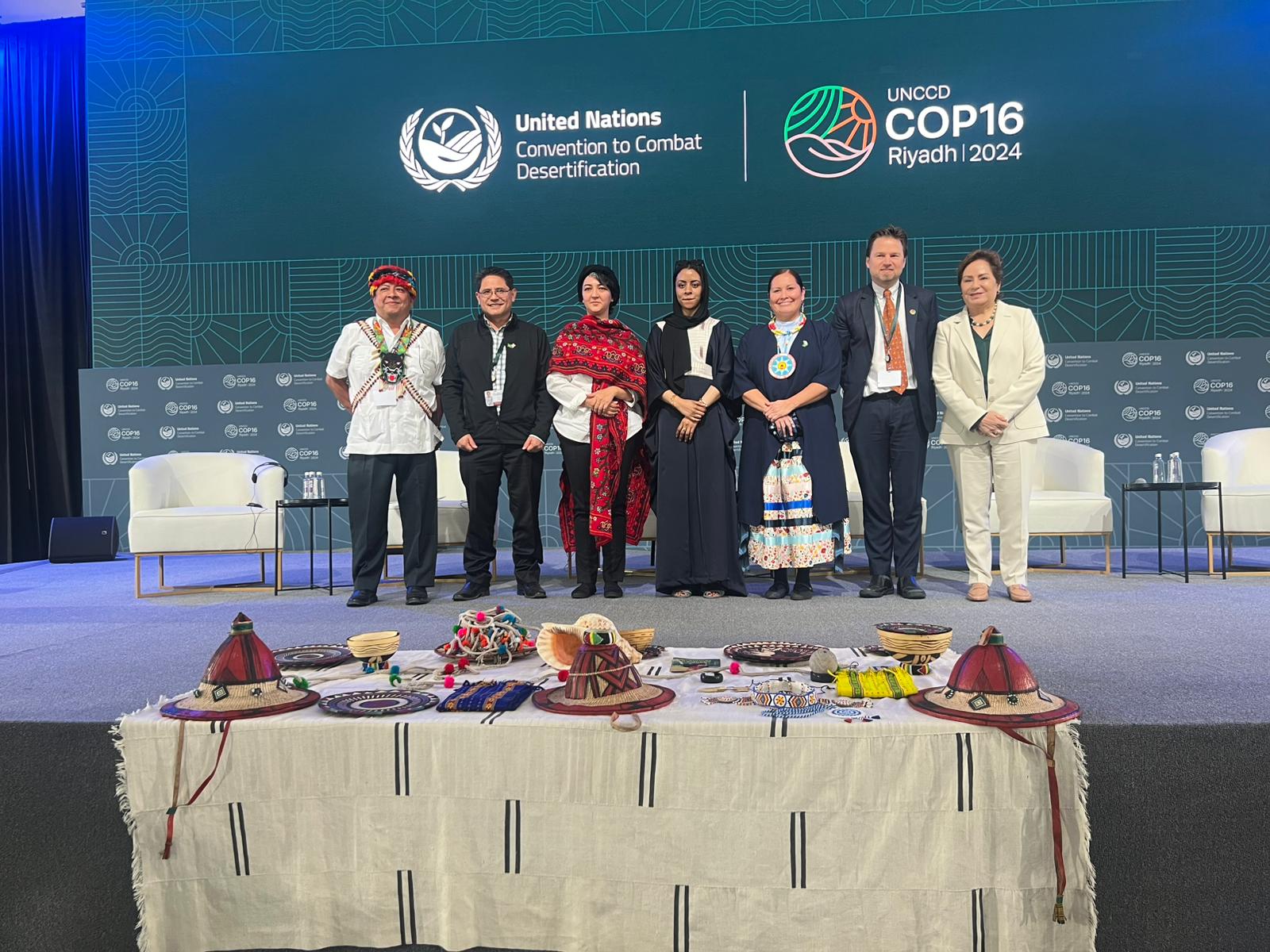FSC Remedy Forum in Jakarta: Reflections on sacred balance between Forests and People
The FSC System Integrity Unit convened the Asia Pacific Remedy Forum in Jakarta, uniting diverse stakeholders to advance understanding of the FSC Remedy Framework.
The Forest Stewardship Council (FSC) – System Integrity Unit hosted the Asia Pacific Remedy Forum in Jakarta, Indonesia, bringing together rights holders, Indigenous leaders, NGOs, companies, researchers, and government representatives to deepen understanding and engagement around the FSC Remedy Framework.
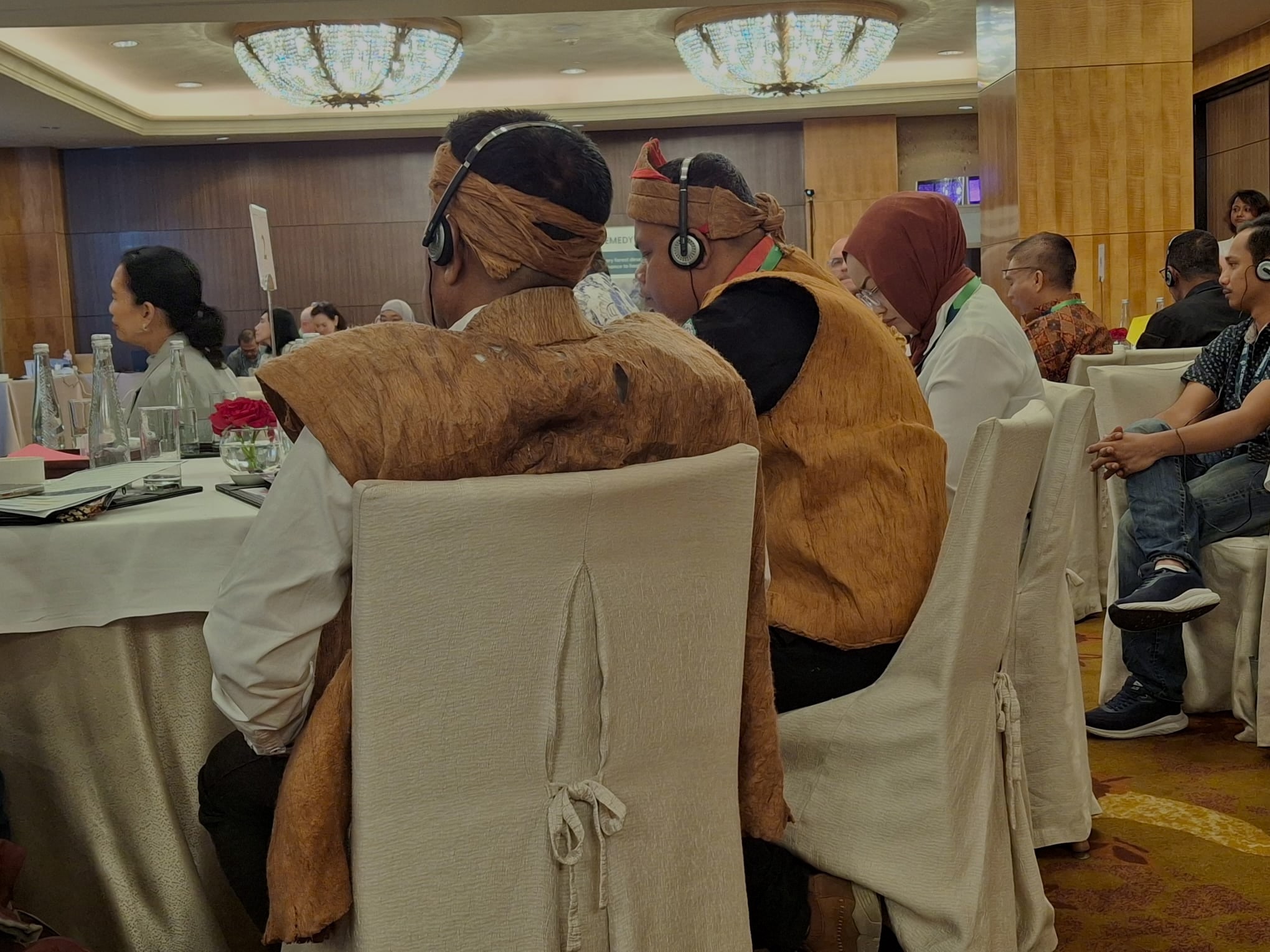
What is the FSC Remedy Framework?
The FSC Remedy Framework is a standardized system that guides how companies must address past environmental and social harms linked to forest conversion.
It promotes restoration through social and environmental remedy, ensures transparency in how FSC deals with non-conforming companies, and provides fair roadmaps for remedy. Its ultimate goal is to restore forests and communities, improve the integrity of the FSC certification scheme, and establish measurable conditions for potentially ending disassociation and rebuilding trust.
A New Chapter for Remedy
Since its entry into force on July 1, 2023, the FSC Remedy Framework has aimed to address social and environmental harms resulting from forestry operations. Indonesia, as the pilot setting for implementation, provided a vital case study on opportunities and challenges. The Jakarta forum served not only as a platform for consultation but also as a space for healing, dialogue, and reconciliation; highlighting the positive potential of remedy to restore forest ecosystems, protect biodiversity, and provide redress for affected communities.
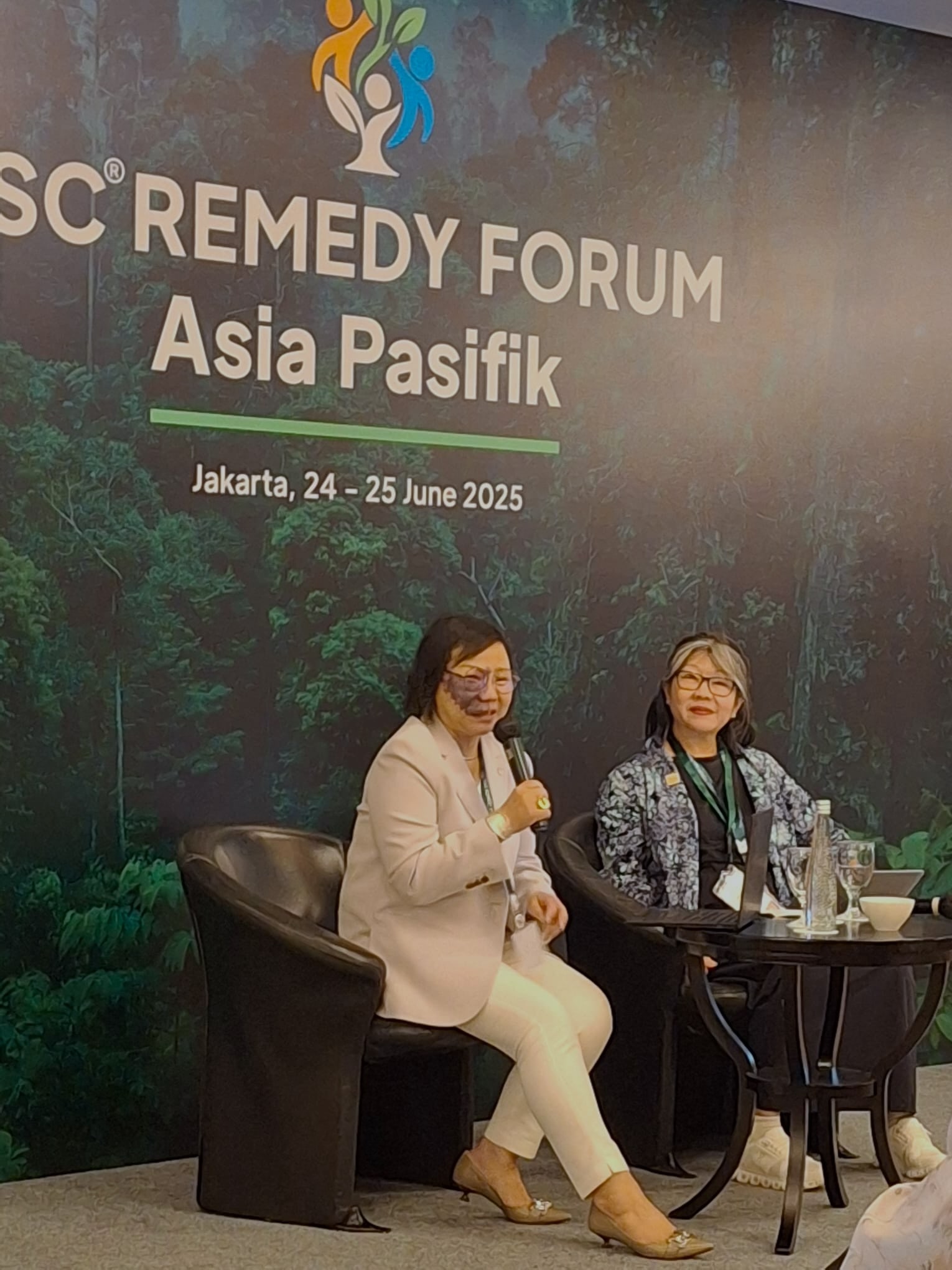
Voices from the Forum
Representing the FSC Indigenous Foundation, Nicholas Mujah (FSC-IF Council Member), Praful Lakra (FSC Permanent Indigenous Peoples Committee PIPC Co-chair, Asia region), Minnie Degawan (FSC-IF Managing Director), and Dian Intarini (Indigenous Peoples Global Manager for Forestry and Certification) actively participated in the Jakarta Remedy Forum, bringing diverse perspectives from leadership, governance, and community engagement.
During the forum, attendees expressed that if rights are misunderstood, overlooked, or only superficially acknowledged, remedies risk becoming merely symbolic and may reproduce harm rather than repair it. Nicholas underscored this point, reminding participants how critical it is to understand right holders’ rights within the Forest Stewardship system.
Furthermore, Praful shared insights from his region, India, stressing the need to integrate Indigenous knowledge into the process and drawing lessons from the remedy of mining there. As Co-Chair of the Permanent Indigenous Peoples Committee (PIPC), Praful’s participation carried particular significance. Together with Marchus Colchester (FSC Board of directors and PIPC Liaison), who also engaged in the forum, their presence highlighted the importance of ensuring Indigenous perspectives are consistently heard in FSC processes. Having PIPC represented at the event created a valuable space for dialogue, knowledge sharing, and reflection that can help strengthen decision-making at the global level.
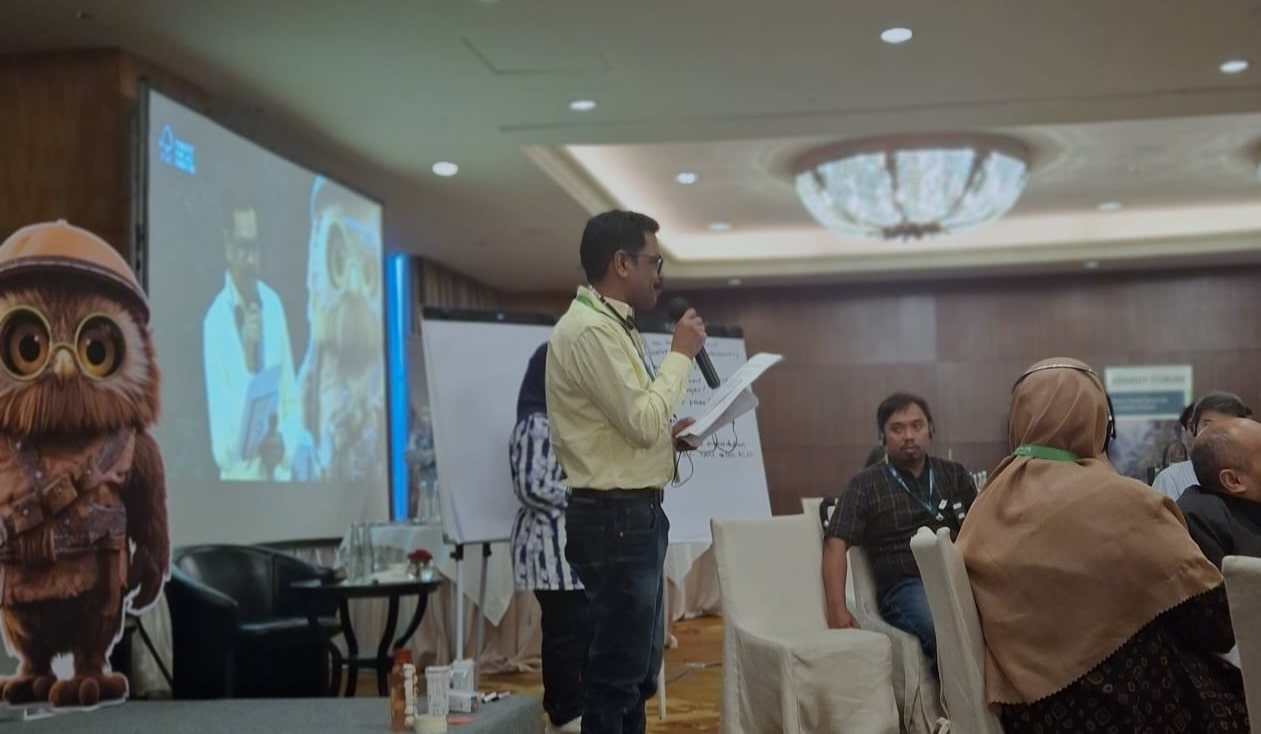
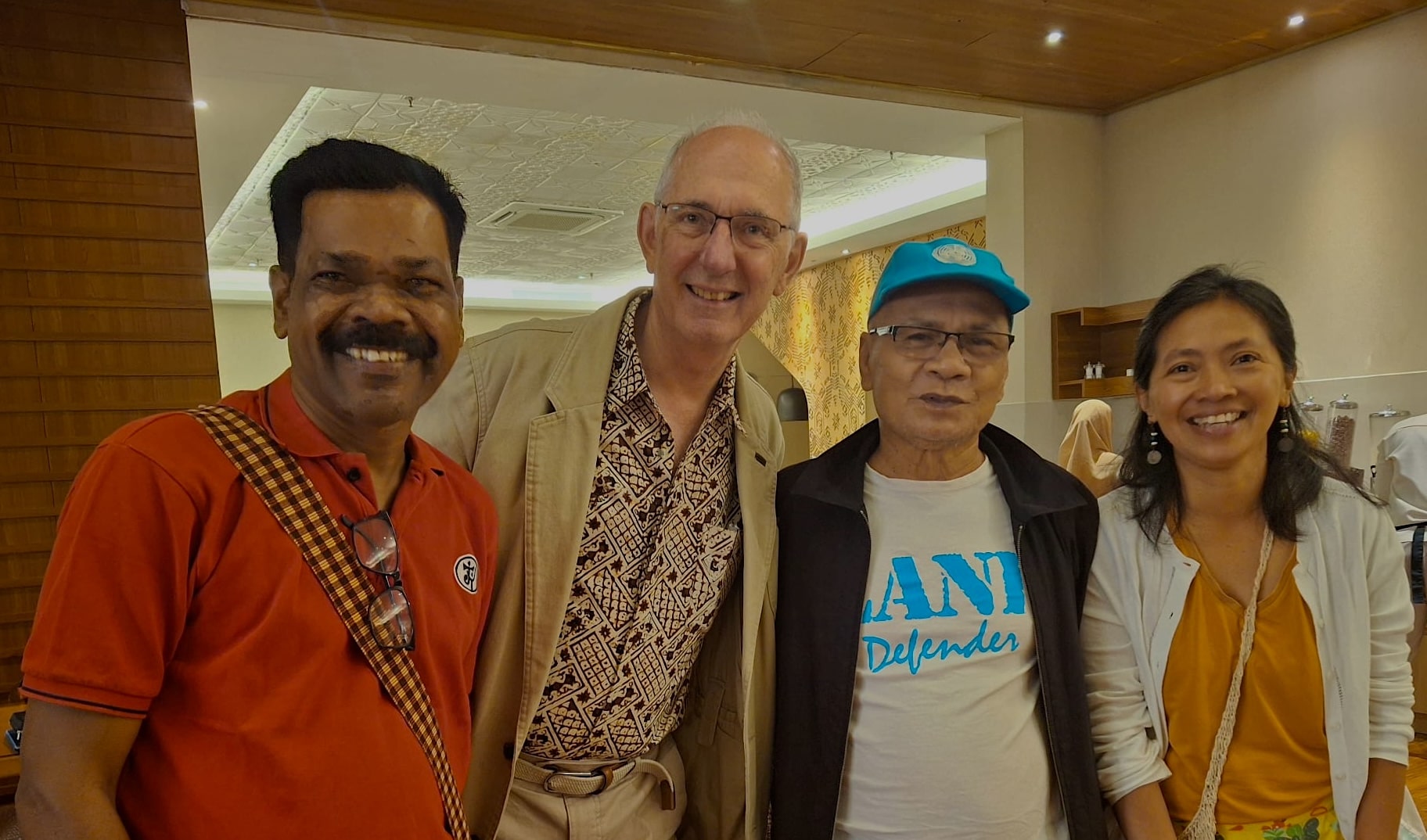
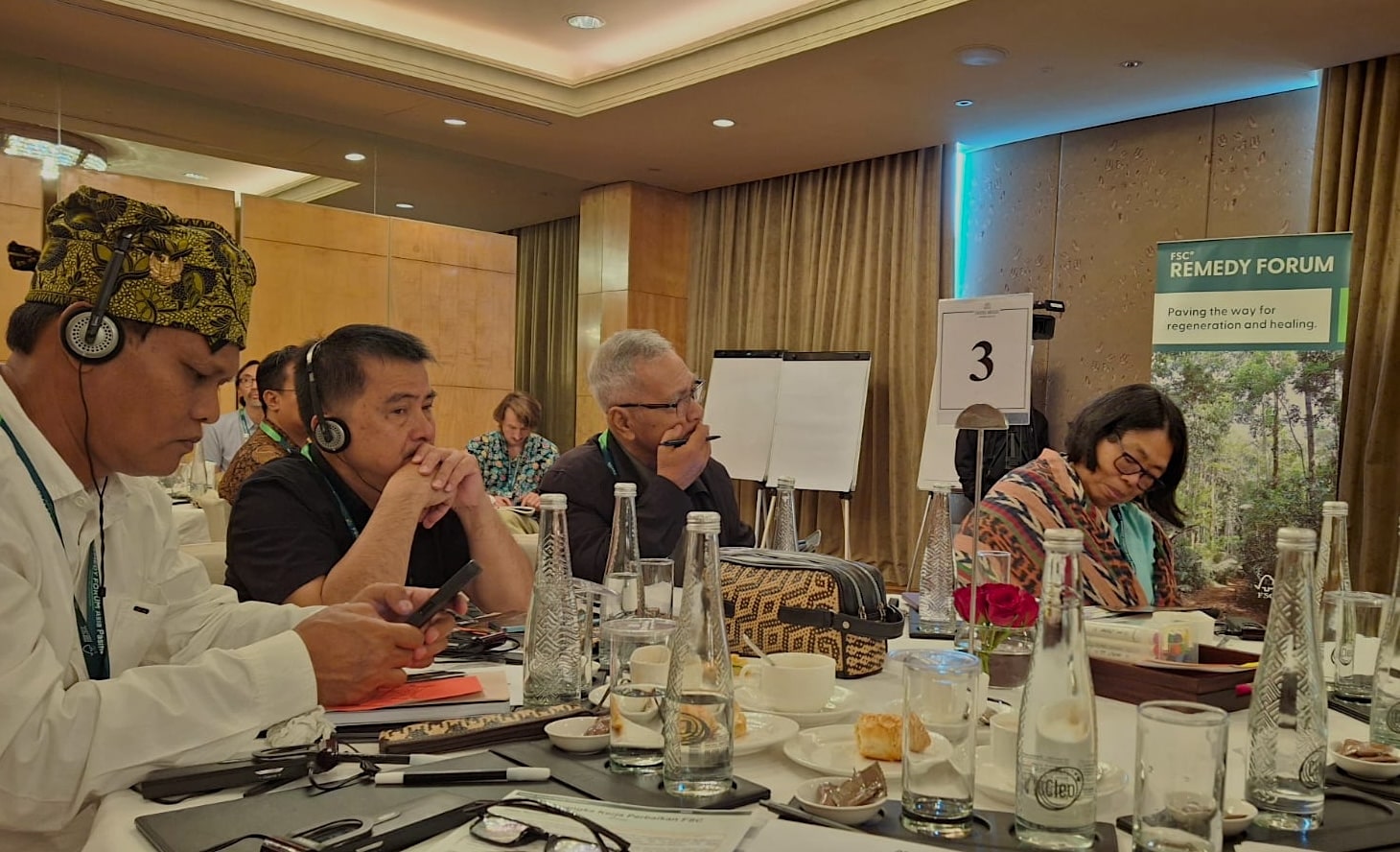
Moreover, Minnie reminded participants that for Indigenous Peoples, remedy is not a checklist of consultations or activities, but about restoring balance and safeguarding relationships: with the land, communities, and the unseen.
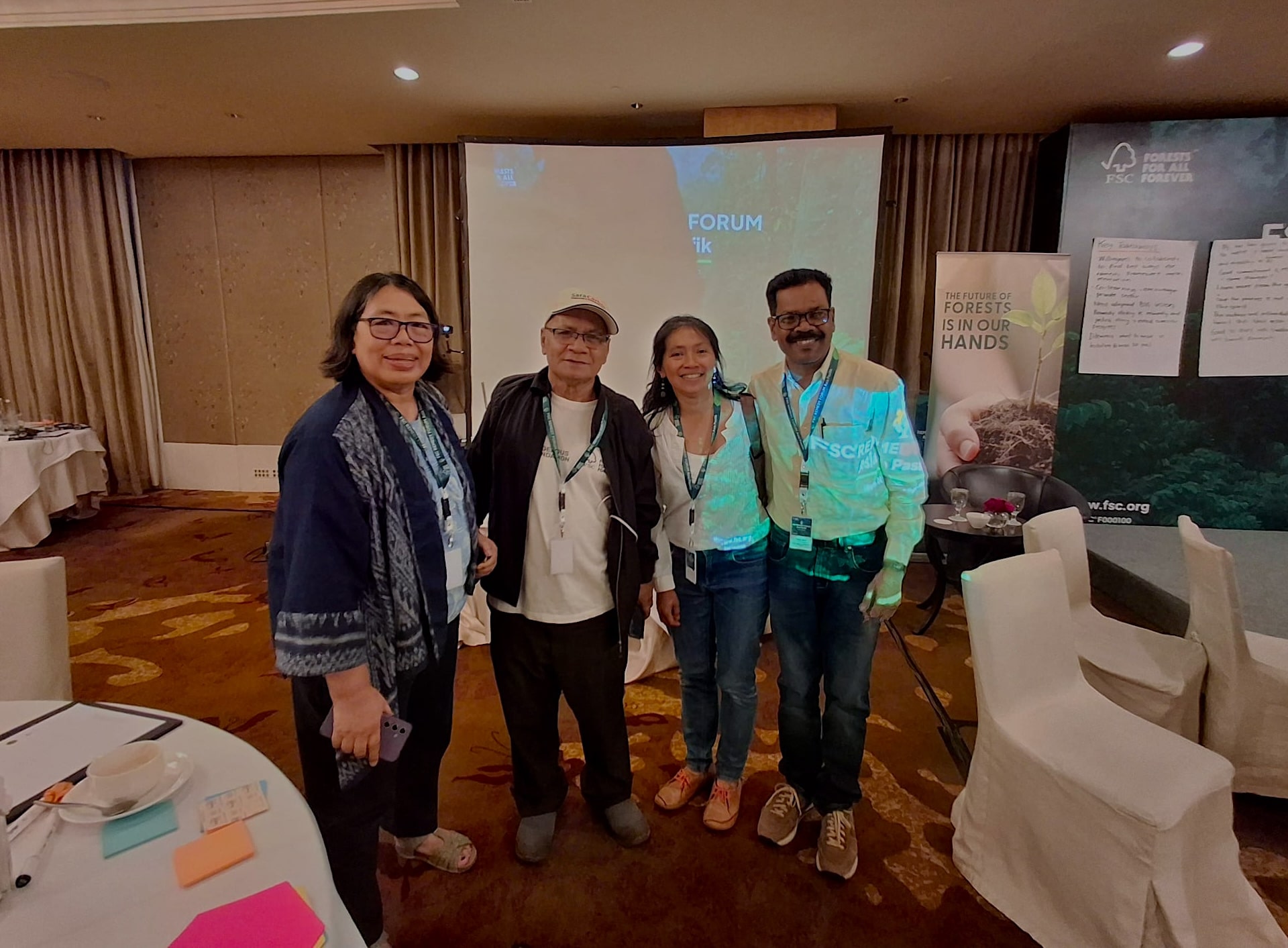
“Forests are our relatives,” she said. “They are the resting places of our ancestors, where we bury our children’s umbilical cords to connect them to Mother Earth. To sustain the forest is to sustain the Earth and the community. Remedy, for us, means restoring that sacred balance.”
Minnie stressed the need for clearer communication on what the Remedy Framework is, and what it is not. She emphasized that without this clarity, communities risk false expectations and further harm.
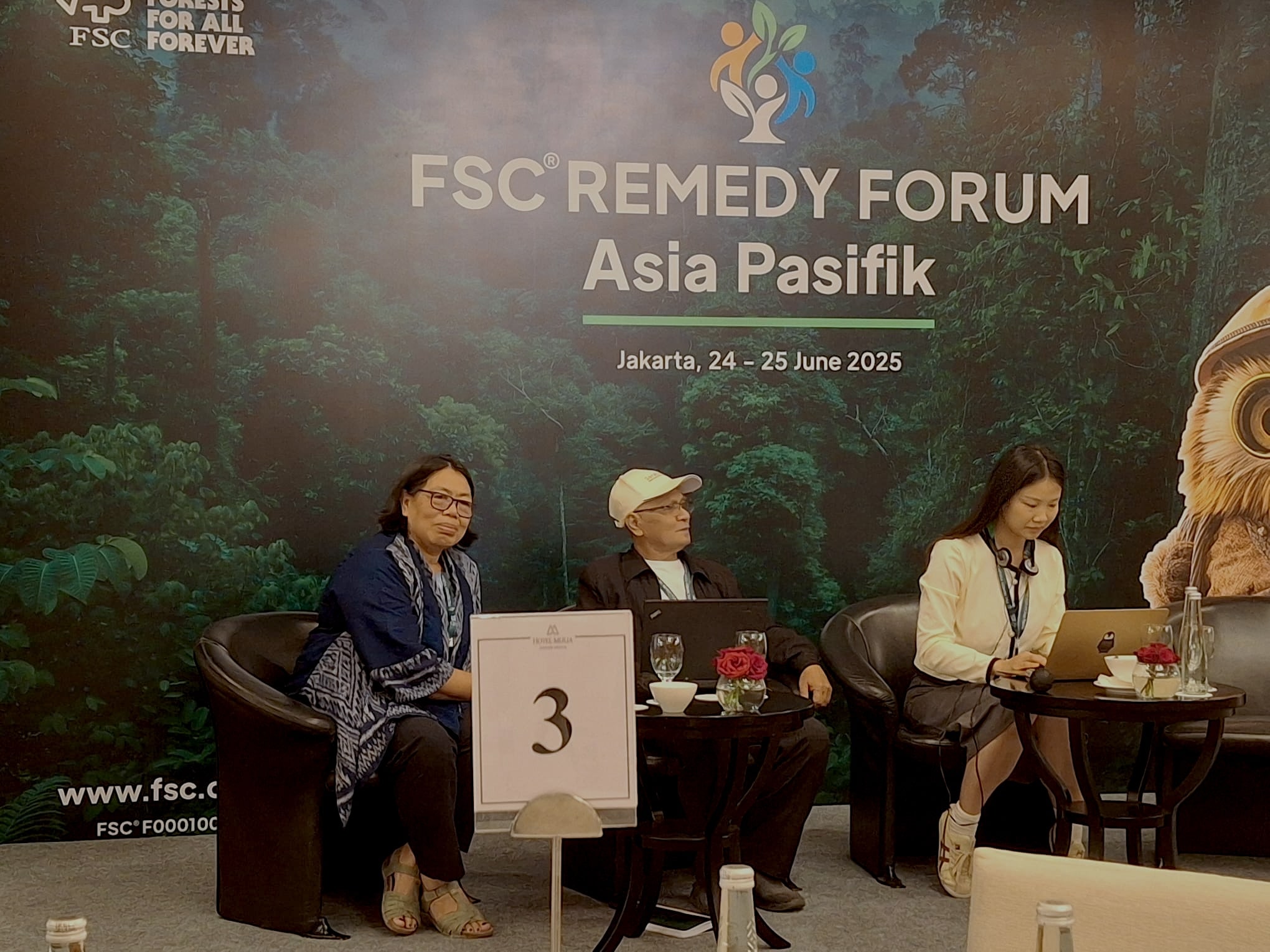
At the heart of her message was the call to reframe Free, Prior, and Informed Consent (FPIC) as a process of relationship-building rather than a procedural step, reminding participants that consent is rooted in trust, equity, and mutual understanding.
Finally, Dian Intarini suggested that remedy actions should be aligned with national policies on community empowerment and land rights, for example Indonesia’s Village Law, to support the long-term sustainability of these actions.
Key Observations
Over three days, the agenda moved from exploring solutions for accelerating remedies, to presentations on social and cultural healing in unresolved conflicts, to a closed meeting with rights holders reflecting on their concerns and expectations.
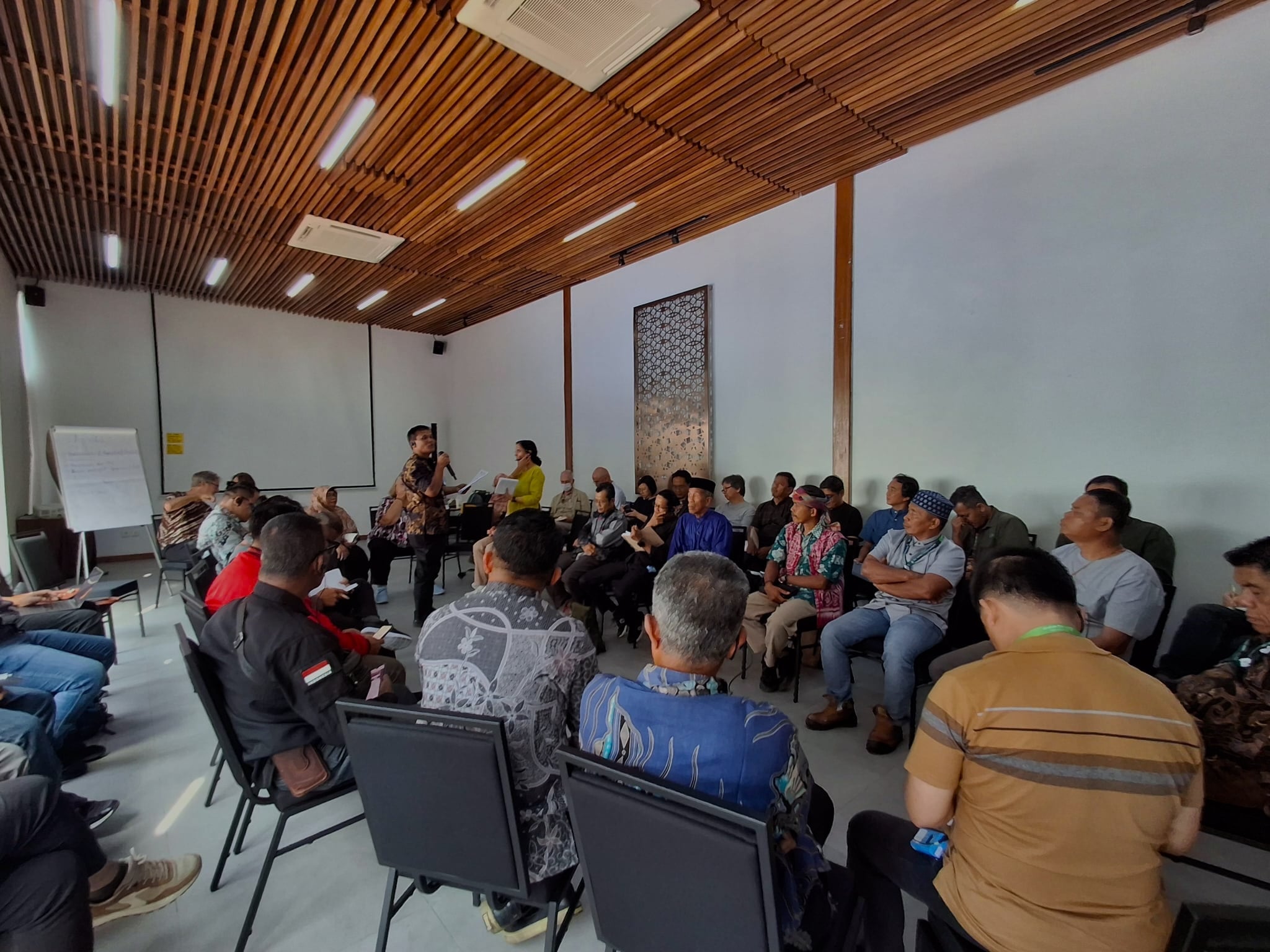
The forum succeeded in fostering open, constructive dialogue, though it also revealed a disconnect in how stakeholders understood the framework and highlighted tensions between Indigenous Peoples and migrant/transmigrant communities that require sensitive approaches. Amid these dynamics, the FSC Indigenous Foundation emerged as a trusted, neutral facilitator and willing to continually support the process.
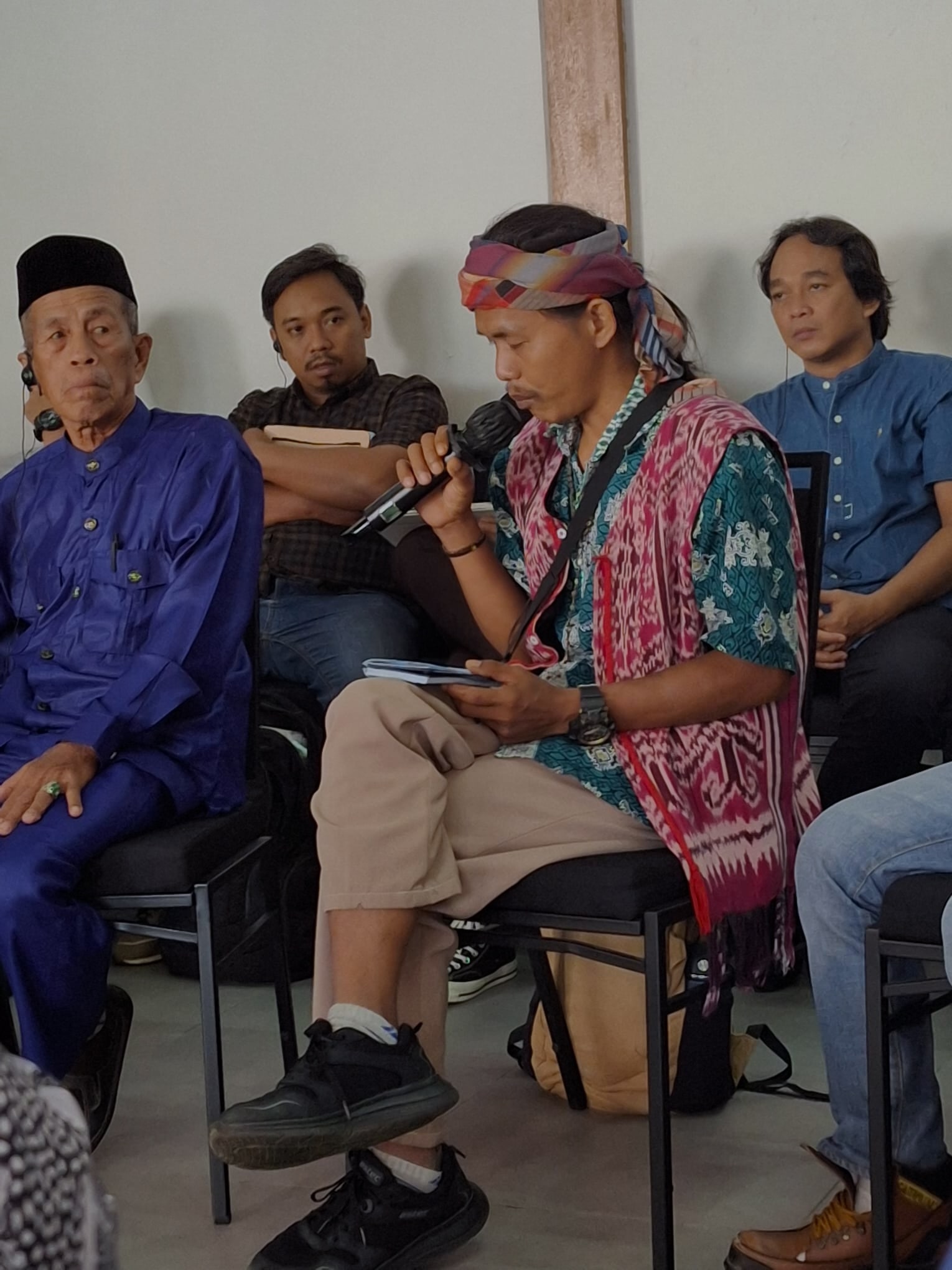
Looking Forward
As the FSC Remedy Framework continues to take shape, the lessons from the Jakarta forum remind us that remedy must be intentional, inclusive, and rooted in respect for Indigenous Peoples’ rights and worldviews.
The work ahead will not be easy, but as Minnie emphasized: “We have survived genocide and colonization by moving thoughtfully and carefully. Let us not rush, but ensure that remedy truly heals.”

